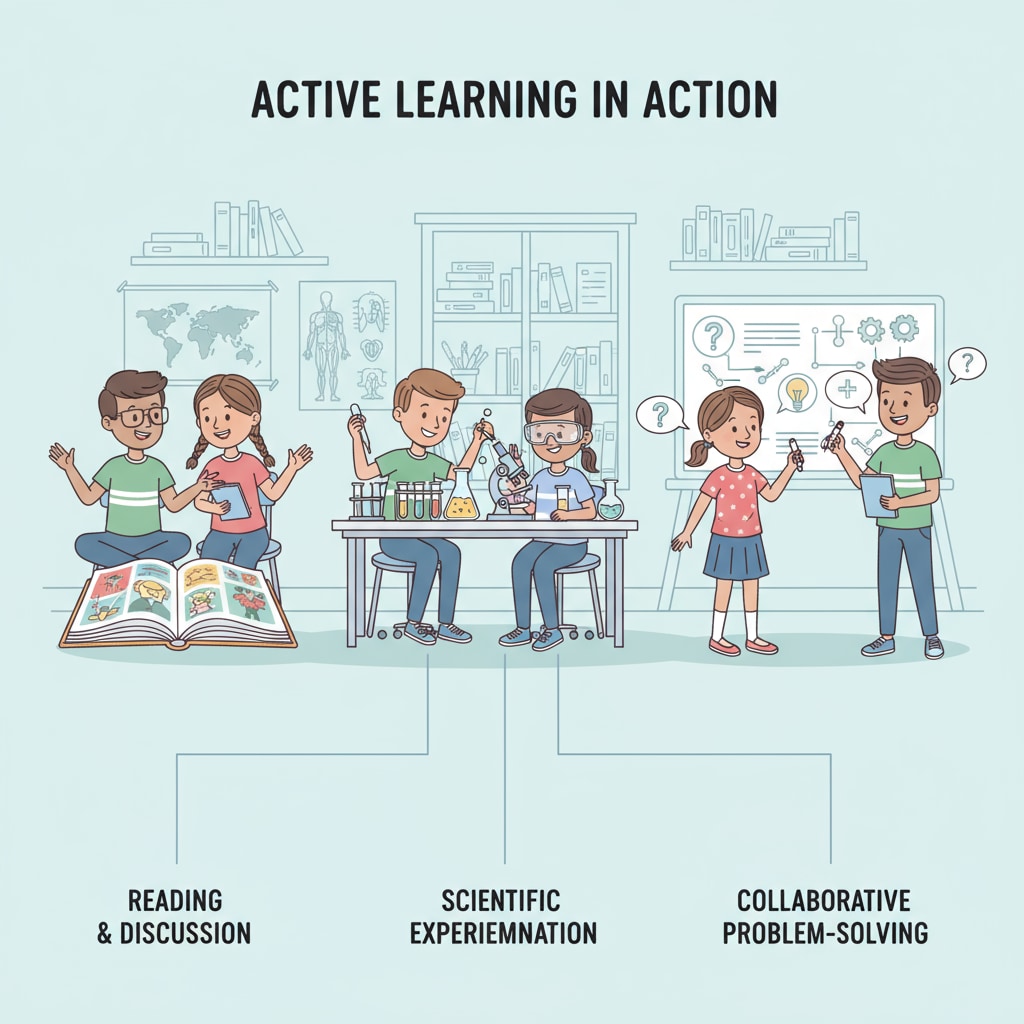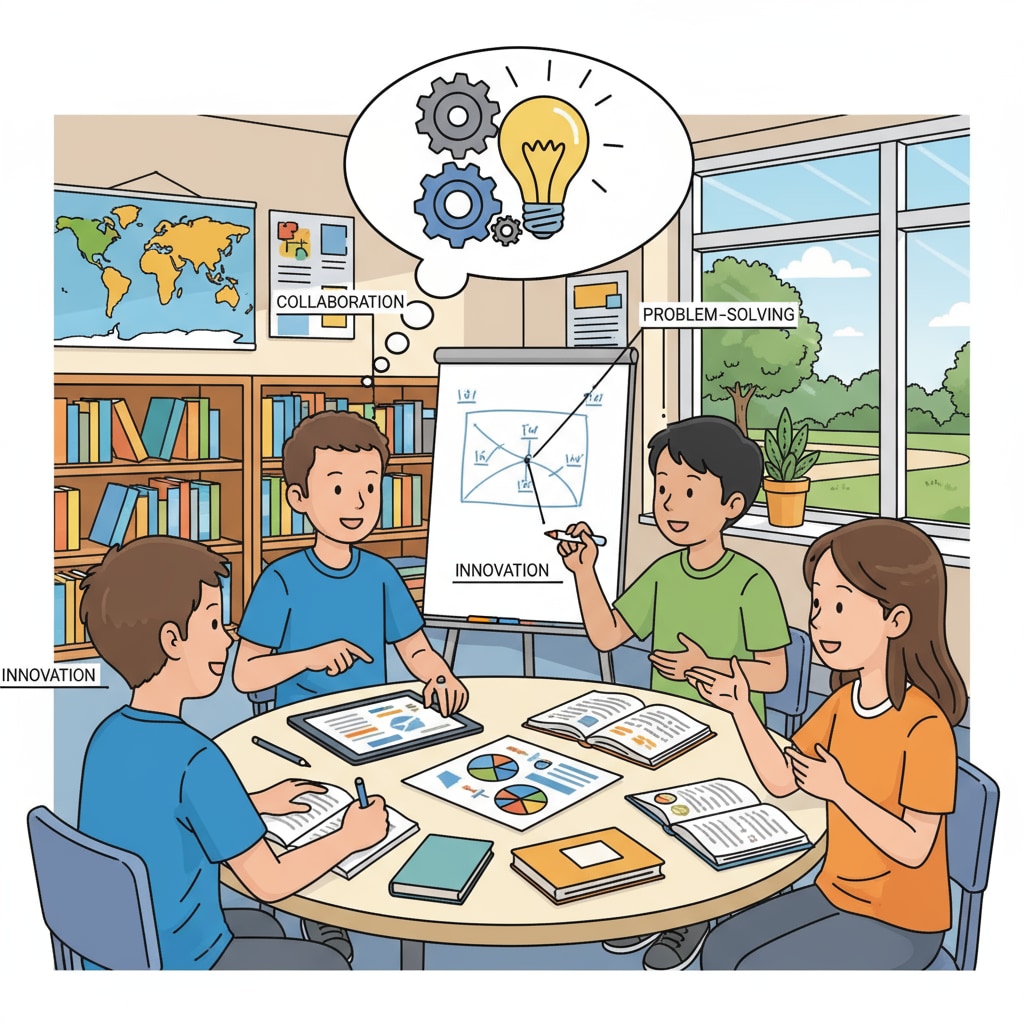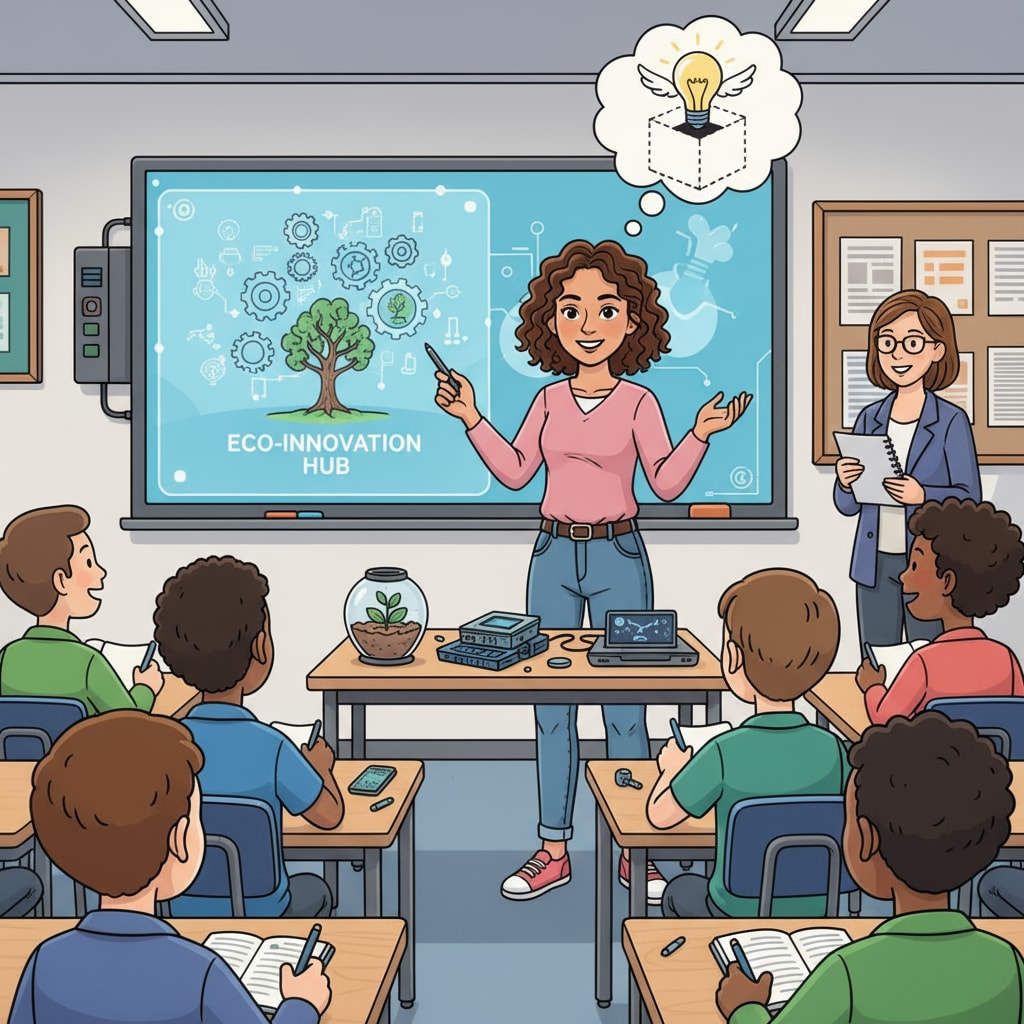Lifelong learning, ancient wisdom, and career growth are essential elements in today’s rapidly evolving world. In this article, we will delve into the four pillars of lifelong learning and how they can be nurtured in K12 students to lay a solid foundation for their future careers. These pillars, when combined with ancient wisdom, offer valuable insights and strategies for success.

As we know, the modern workplace demands individuals who are adaptable, innovative, and constantly learning. By instilling these four pillars of lifelong learning in students from an early age, we can equip them with the skills and mindset needed to thrive in their future careers.
The Pillar of Learning from Others
Learning from others is a fundamental aspect of lifelong learning. In ancient Chinese philosophy, there are numerous teachings emphasizing the importance of learning from those around us. For example, Confucius said, “When I walk along with two others, they may serve me as my teachers.” This concept can be applied in K12 education by encouraging students to collaborate with their peers, participate in group discussions, and seek mentorship. By learning from others’ experiences, perspectives, and knowledge, students can expand their own understanding and develop important social and communication skills. Confucianism on Wikipedia

Surpassing Predecessors
Another pillar of lifelong learning is the pursuit of surpassing predecessors. Ancient wisdom tells us that each generation should strive to build upon the achievements of those who came before. In K12 education, this can be achieved by challenging students to think critically, ask questions, and explore new ideas. By encouraging students to go beyond the existing knowledge and boundaries, we can foster their creativity and innovation. This not only benefits their academic growth but also prepares them for the dynamic nature of the modern workplace, where continuous improvement and innovation are highly valued. Chinese Philosophy on Britannica

Maintaining humility is crucial for lifelong learning. Ancient Chinese teachings often remind us of the importance of being humble and open to learning. In the context of K12 education, students should be taught to recognize that there is always more to learn and that everyone has something valuable to offer. This attitude of humility allows students to approach learning with an open mind, accept feedback gracefully, and continuously improve themselves. As a result, they are better positioned to adapt to new challenges and opportunities in their future careers.
The final pillar of lifelong learning is self-awareness. Understanding one’s own strengths, weaknesses, interests, and values is essential for effective learning and career development. In K12 education, educators can help students develop self-awareness through activities such as self-reflection, goal-setting, and personality assessments. By having a clear understanding of themselves, students can make more informed decisions about their learning paths and future career choices. This self-awareness also enables them to leverage their strengths and work on improving their weaknesses, leading to greater success in the workplace.
Readability guidance: We have used short paragraphs and lists to summarize key points. Each H2 section has a list or clear explanation. We have controlled the use of passive语态 and long sentences, and added transitional words like “however”, “therefore”, “in addition”, “for example”, and “as a result” throughout the article to enhance readability.


